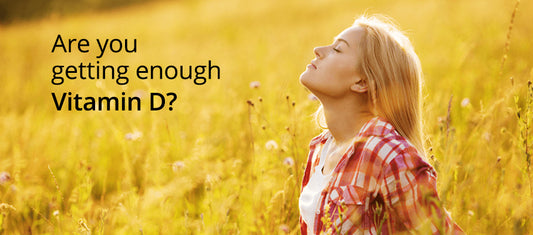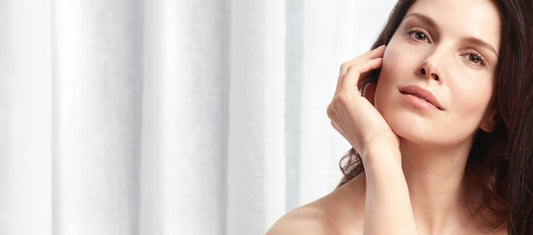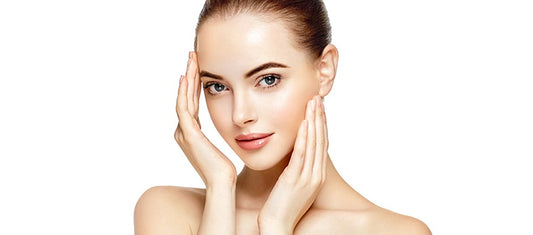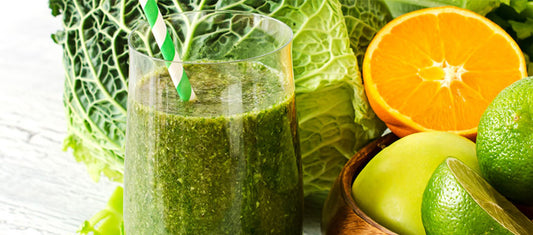
Early Stage Rosacea Symptoms: Things to Know
Rosacea is one of the most common inflammatory skin conditions, but can often be mistaken for other skin sensitivities, such as allergies and eczema. Rosacea tends to progress mildly, so knowing how to spot it early on can make it easier and simpler to minimise symptoms.
In this guide, we’re going to take a look at the signs of early stage rosacea; what to expect, how to treat it, and how to rule out other skin conditions that present similar symptoms. Let’s take a look!
What is rosacea?
Rosacea is both an inflammatory skin condition, as well as a vascular disease. It usually affects the face rather than other parts of the body, and can be identified by the flushing and reddening of the cheeks, as well as increased visibility of the blood vessels on the face. Rosacea can be a serious condition if left untreated; skin flushing can become more prominent, and some sufferers can even experience acne breakouts and permanent redness.
What are the first signs of rosacea?
When it comes to spotting early stage rosacea symptoms, it’s important to note that rosacea progresses in 4 stages: pre-rosacea, mild rosacea, moderate rosacea, and severe rosacea.
As we’re discussing early stage symptoms, we’re going to go over what you can expect during both the pre-rosacea and mild rosacea stages.
Pre rosacea
With pre-rosacea, the primary symptom to look out for is an abnormal flushing of the skin. This flushing sensation can be triggered by a range of different things, but studies have found that rosacea flare-ups occur most commonly due to the following:
- Temperature changes
- Hot and spicy food
- Alcohol consumption
- Skincare products
- Coffee and other caffeinated products
- Intense exercise
Now, experiencing a flushed face after exercise is entirely normal, and isn’t always indicative of rosacea. However, if you begin experiencing red, flushing skin after doing activities that never normally provoked the same symptoms, you might be experiencing pre-rosacea. Note that rosacea-related flushing during pre-rosacea will appear very quickly, and will disappear just as swiftly.
Mild rosacea
Mild rosacea is the first stage of full-blown rosacea, and those experiencing mild rosacea will notice that their skin flushes and goes red after being exposed to a ‘trigger’ (as mentioned in the list above.) In general, rosacea sufferers will learn to understand what triggers their rosacea flare-ups, whether it be alcohol or certain beauty products.
With mild rosacea, the flushing and redness will tend to linger around for longer, often for hours at a time. Some may also notice a stinging sensation when washing their face or using skincare products, as well as mild dryness.
Can rosacea be cured?
While rosacea cannot currently be cured, it may go into remission from time to time, and will only tend to flare up if exposed to a trigger. That said, you can treat early stage symptoms of rosacea with the right skincare products and good habits.
How Frezyderm Cream Can Help
When looking into skincare solutions to help treat rosacea symptoms, Frezyderm Red Skin Facial Cream has been proven to help soothe symptoms of rosacea by increasing hydration, reducing inflammation, and helping to conceal the appearance of any spider veins and redness associated with the condition.
Plus, even if your rosacea symptoms have progressed further and enhanced your skin’s sensitivity, the gentle formula makes it suitable for all skin types, including mature skin.
By combining Frezyderm’s Red Skin Facial Cream and avoiding any known triggers, you can aim to keep your rosacea flare-ups at bay. We’d also recommend avoiding alcohol, spicy foods, and harsh skincare products as a blanket rule if you experience a rosacea diagnosis; avoiding inflammation where possible can help to keep the condition under control.
FAQs
How do I know I have rosacea and not eczema?
In general, rosacea only affects the cheeks and face, whereas eczema affects the entire body. If you’re experiencing eczema on your face, it’ll usually be around your mouth or eyes.
How do I know I have rosacea and not dermatitis?
Dermatitis and rosacea can often present similar symptoms, but like eczema, dermatitis will also usually affect other areas of the body and not just the face. A dermatologist will be able to give you an accurate diagnosis if you’re unsure.










